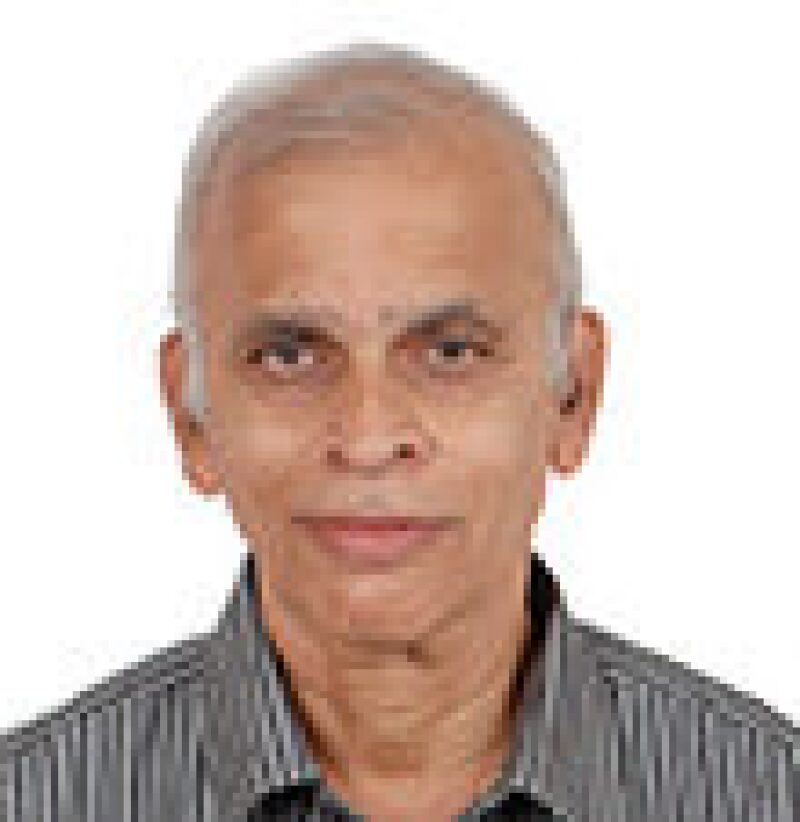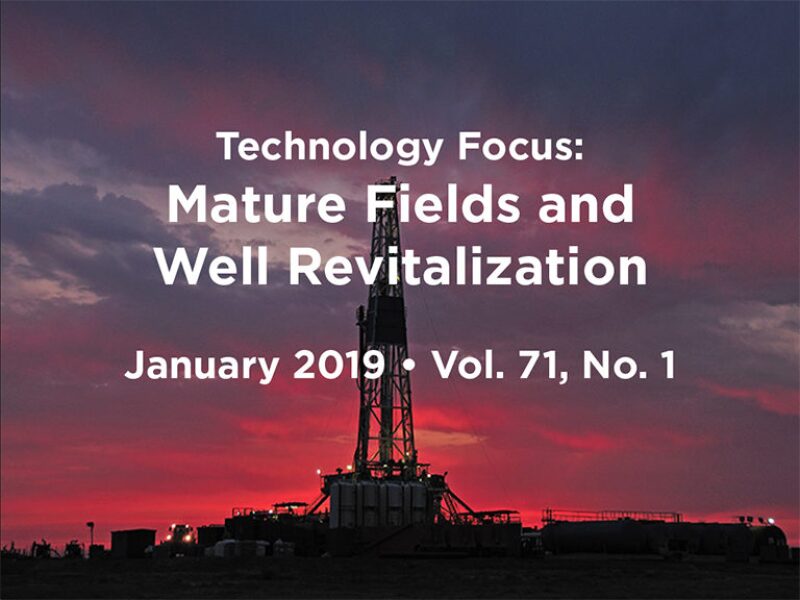Mature brownfields contribute significantly to global oil production. A study of the papers presented during the past year at various SPE conferences reveals a continuation of the trend to put in massive effort to minimize decline from mature brownfields. This has been attempted through several means, such as improving well integrity and judicious well interventions to restart production from idle wells. One paper discusses a conceptual platform where all stakeholders (operator and service providers) can share and formulate a win/win strategy wherein operational efficiency and success rate of an activity are the main drives.
As an offshoot of such well-intervention activities, low-resistivity pay zones, either shallower or deeper with respect to the main pay and hitherto considered unattractive, have been identified and contribute significantly in sustaining production decline. There is an all-around emphasis on characterizing highly compartmentalized and difficult reservoirs that have thin reservoir sands defying well-to-well correlations because of a lack of marker shales. In some cases, the presence of conductive minerals such as pyrites or siderites further masks the presence of hydrocarbons in conventional log analysis.
In addition to efforts on improved reservoir characterization, optimizing ongoing waterfloods is an area where focused efforts are yielding rich dividends. These involve locating the bypassed oil and addressing unswept areas through reservoir surveillance and modeling. Some operators also have focused on innovative enhanced-oil-recovery techniques in mature brownfields to enhance production.
This Month's Technical Papers
Microchannel Remediation of a Cement Packer Unlocks Mature-Field Potential
Best Practices for Waterflooding Optimization Improve Oil Recovery in Mature Fields
Combined Approach Improves Fault Description for Horizontal-Well Geosteering
Phased Pilot Approach Reduces Uncertainty in Carbonate Steamflood Development
Recommended Additional Reading
SPE 186362 Extending Life of Liquid-Loaded Gas Wells Using Velocity-String Application: Case Study and Candidate Selection by Satria Andrianata, VICO Indonesia, et al.
SPE 188443 Novel Reservoir-Modeling and Experimental-Design Approach To Tackle the Challenge of Modeling Highly Compartmentalized Reservoirs Under Large Uncertainties in a Mature Offshore Field, Malaysia by A. Sulaksana, Sabah Shell, et al.
SPE 188770 Fluid-Front Monitoring Using Smart and Safe Pulsed-Neutron Technology on Slickline by Rahul Grover, Schlumberger, et al.

| R.V. Marathe, SPE, is a reservoir-engineering consultant. He worked for Oil and Natural Gas Corporation (ONGC), the national oil company of India, from 1978 to 2014. Marathe’s last position at ONGC was as executive director and asset manager, Mumbai, for the largest oil-producing asset of India. He was head of ONGC’s Institute of Reservoir Studies for more than 5 years. The institute is responsible for improved and enhanced oil recovery and developmental activities for all fields operated by ONGC. Marathe has presented papers at various SPE conferences on oilfield development, reservoir simulation, modeling of laboratory studies, and pressure-transient analysis. He holds a PhD degree in applications of potential theory to petroleum reservoir engineering from the Indian Institute of Technology Bombay. Marathe is a member of the JPT Editorial Committee and can be reached at maratherv@gmail.com. |


